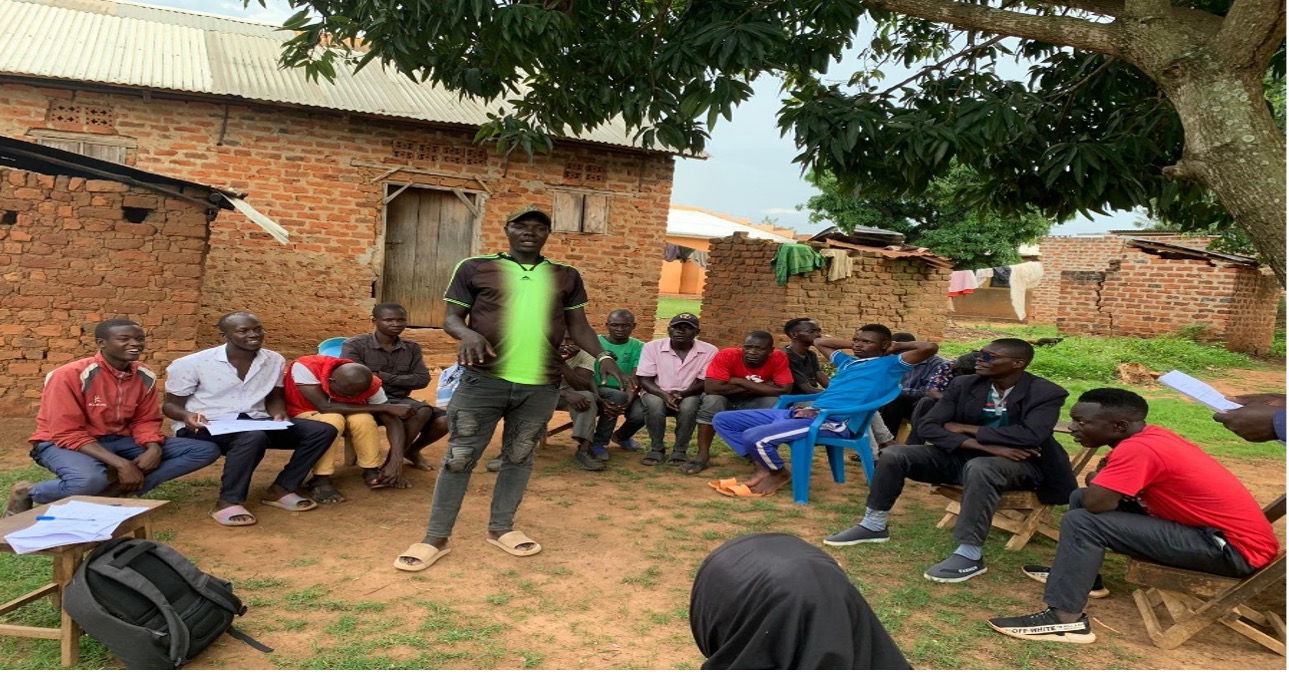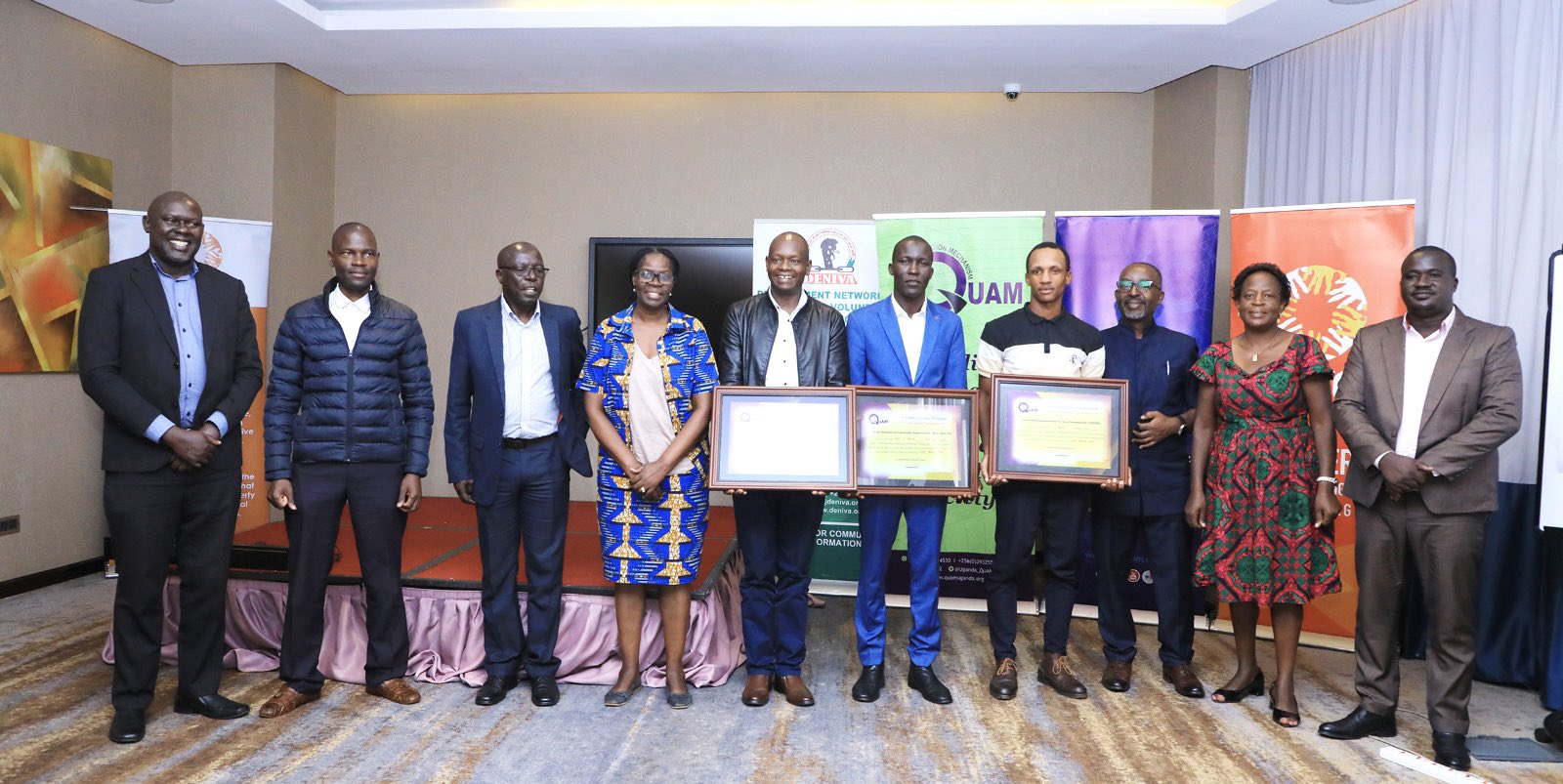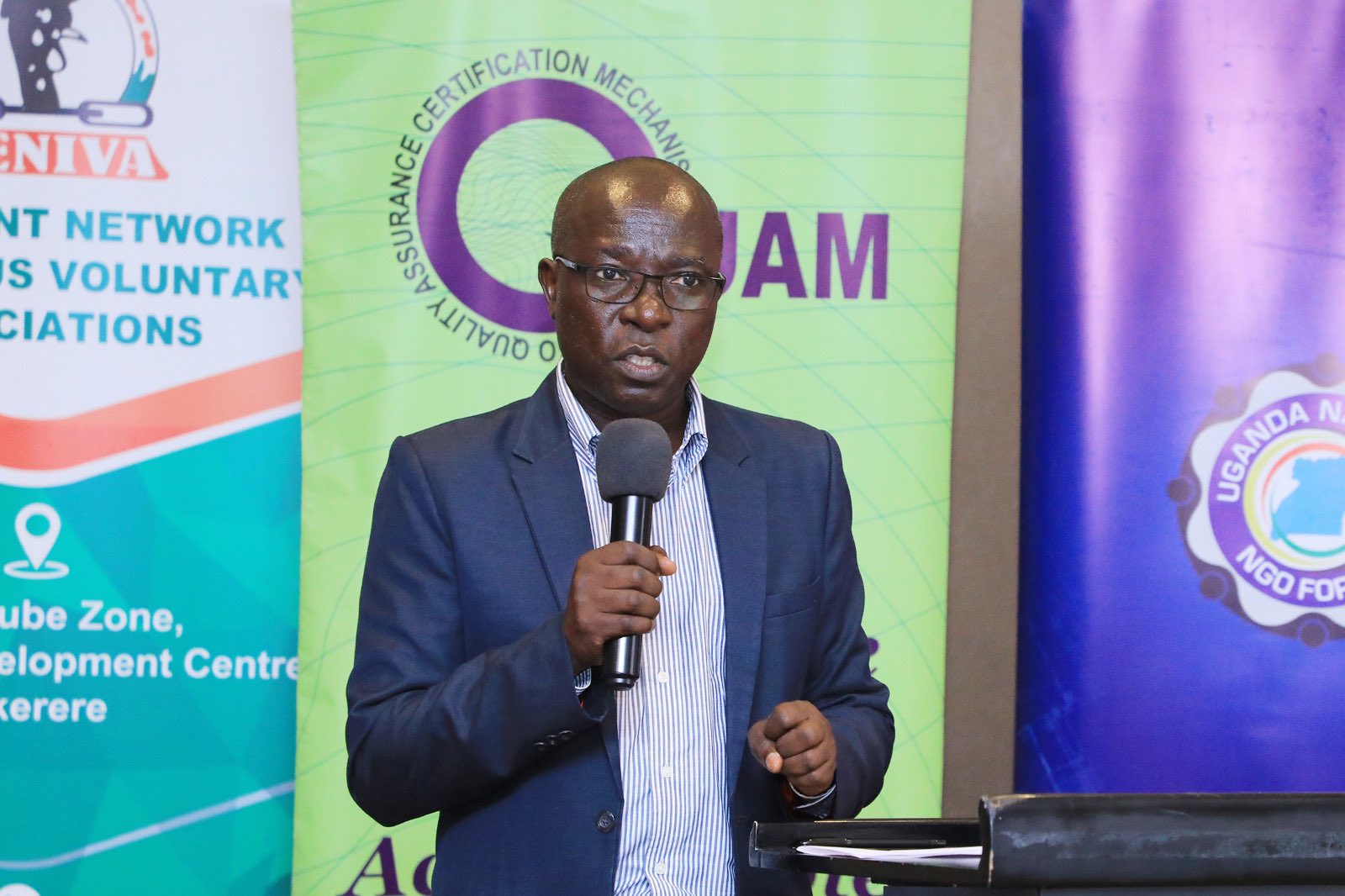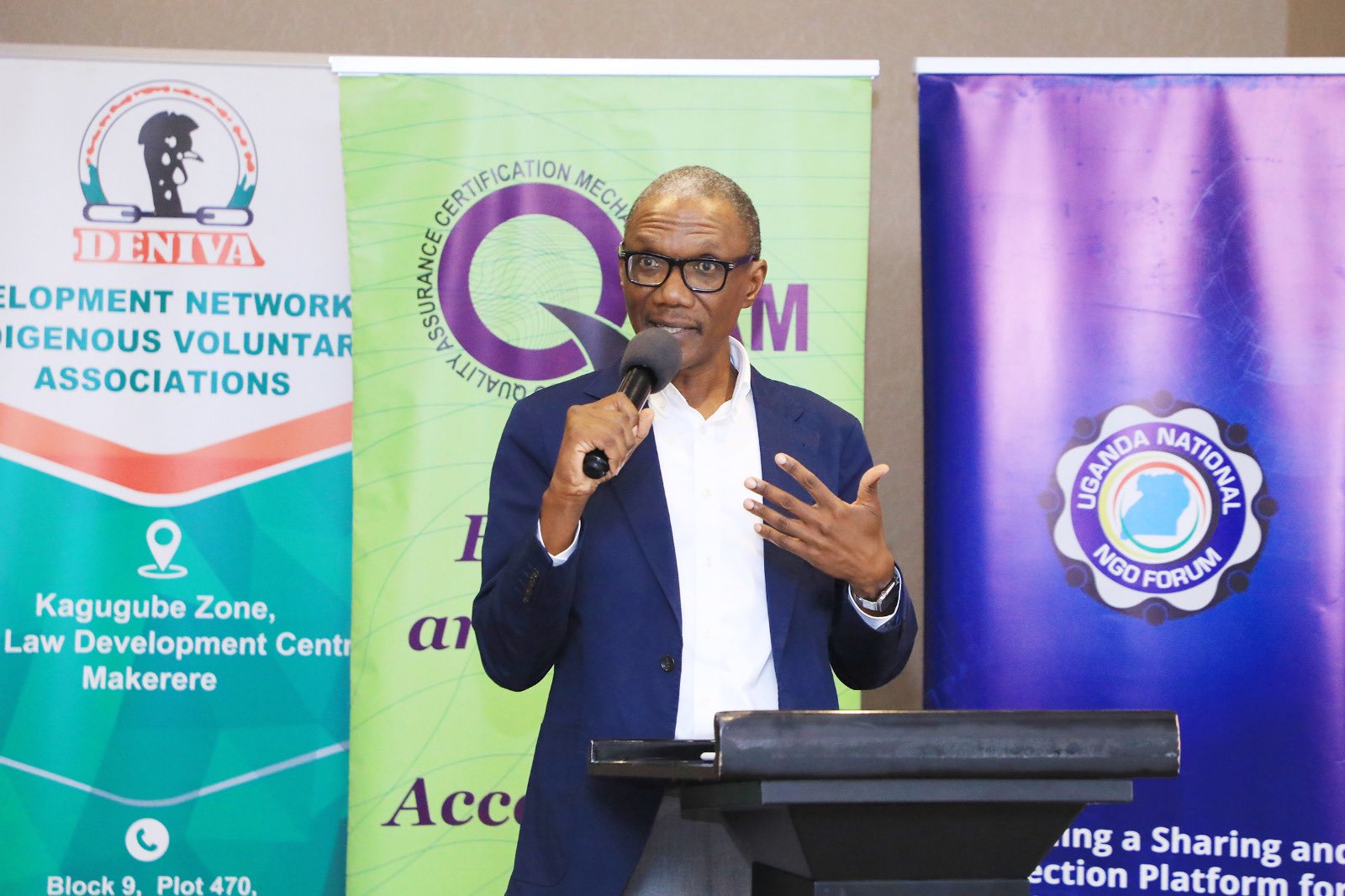
Addressing Educational Gaps: Communities’ Call for Inclusivity and Responsibility.
Inclusivity and Responsibility for Impactful Educational Outcomes
In a TOPOWA Forum discussion held in Kadatumi Trading centre, in Bulalaka village, Kadatumi Parish, Katira/Kameruka Sub-County in Budaka district, a local “boda-boda” (Motorcycle riders) association brought to light pressing concerns about the state of education in their community. The discussion on March 9, 2024, revealed two critical issues plaguing the town’s learning environment: the neglect of special needs children and the deteriorating infrastructure of school latrines. The TOPOWA Forum model is being implemented by the Uganda National NGO Forum under the “Strengthening Grassroot Social Accountability” 3 – year project funded by the European Union. The fora comprise of community organized structures e.g. “Boda Boda” riders’ associations, women market vendors’ associations, the elderly associations, People with Disabilities (PWDs), youth associations, the “Mothers’ Union”, business associations, among others. These have a membership between 20 to 30 people who converge quarterly to discuss community concerns for redress by duty bearers.
The Plight of Special Needs Education
The conversation highlighted a significant shortfall in Kadatumi’s educational offerings, particularly for children with special needs. The lack of specialized educators has resulted in these children being sidelined and excluded from the conventional education system that fails to cater to their unique requirements. While parents to children with special needs desire to have their children complete the cycle of formal education like other children, this is challenged by the prevailing constraints of the required human resources. They however enroll such challenged to schools hoping against hope that they may cope with their colleagues, but this is vain.
Although there is a beacon of hope from Kavule Deaf school, a private institution in Kakoli village, Katira/Kameruka Sub-County in Budaka district, the facility’s exclusivity and costs make it inaccessible to the majority who cannot afford such specialized care. This gap in the education system not only hinders the growth potential of these children but also reflects the urgent need for inclusive education reforms by the Ministry of Education and Sports which accommodate all learners.
Crumbling Infrastructure and professional Dedication Vs Social Contract
Equally alarming is the poor condition of the physical infrastructure in some Kadatumi’s educational institutions e.g. Kadatumi primary school and Lerya primary school among others within Budaka district. The collapse of several latrine blocks has forced learners to crowd into the few that are available under use, hence raising concerns about poor state of sanitation and health risks associated with such inadequate facilities.
Moreover, the discussions with the Goligoli Development Association (GODO) group in Buyoumbu village, Nangaiza parish, Goligoli sub county (curved from greater Bulangira Sub County) in Kibuku district unearthed the troubling trend of teacher irresponsibility. This goes against the social contract with citizens to provide their service with commitment.
A parent, who works at Nabulaghagha primary school which is in Nakagwa village, Nabulaghagha parish, Goligoli/Bulangira Sub-County Kibuku district, reported observing teachers seemingly idling away during school hours, indicating a lack of commitment to their educational duties. This absence of professional dedication not only disrupts the academic schedule and school performance but also sets a concerning precedent for how much importance is attached to education which is evident in the community’s youth lifestyle today.
Community-Led Transformation in Social Accountability
The TOPOWA discussions serve as a platform for voicing community concerns and seeking actionable solutions. The revelations from Kadatumi and Goligoli demand a response that ensures every child, regardless of their needs, receives a quality education in a conducive learning environment.
For Kadatumi and its children to thrive, the community is calling for the local government and educational authorities to:
- Recruit and train educators qualified to teach children with special needs.
- Invest in the reconstruction and maintenance of school facilities, ensuring safe and hygienic conditions for all students.
- Improve supervision and oversight of teaching staff to bolster accountability and reduce teacher absenteeism in schools.
These changes are fundamental for addressing the immediate educational disparities and for laying the groundwork for a future where every child in these communities has access to the learning opportunities they deserve. The collective voice of Kanatami’s residents is clear: it’s time to bridge the gaps in education and build a stronger, more inclusive foundation for the next generation.



